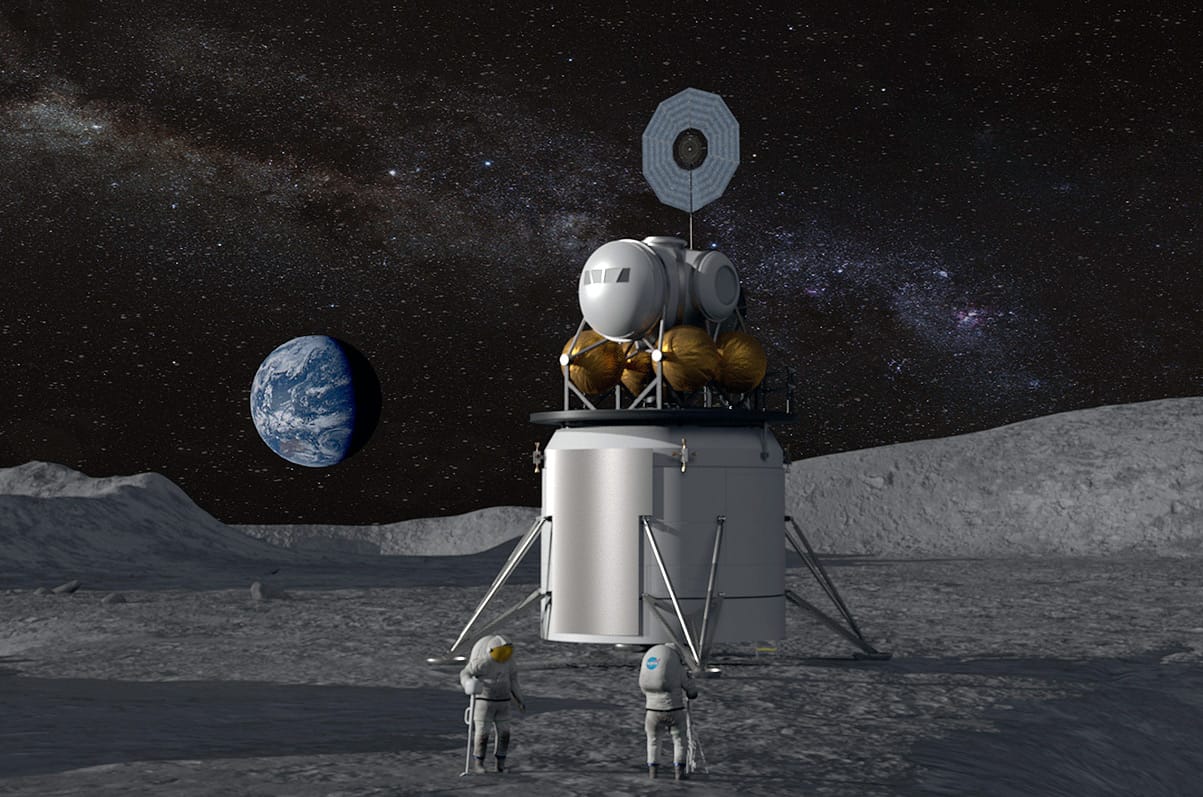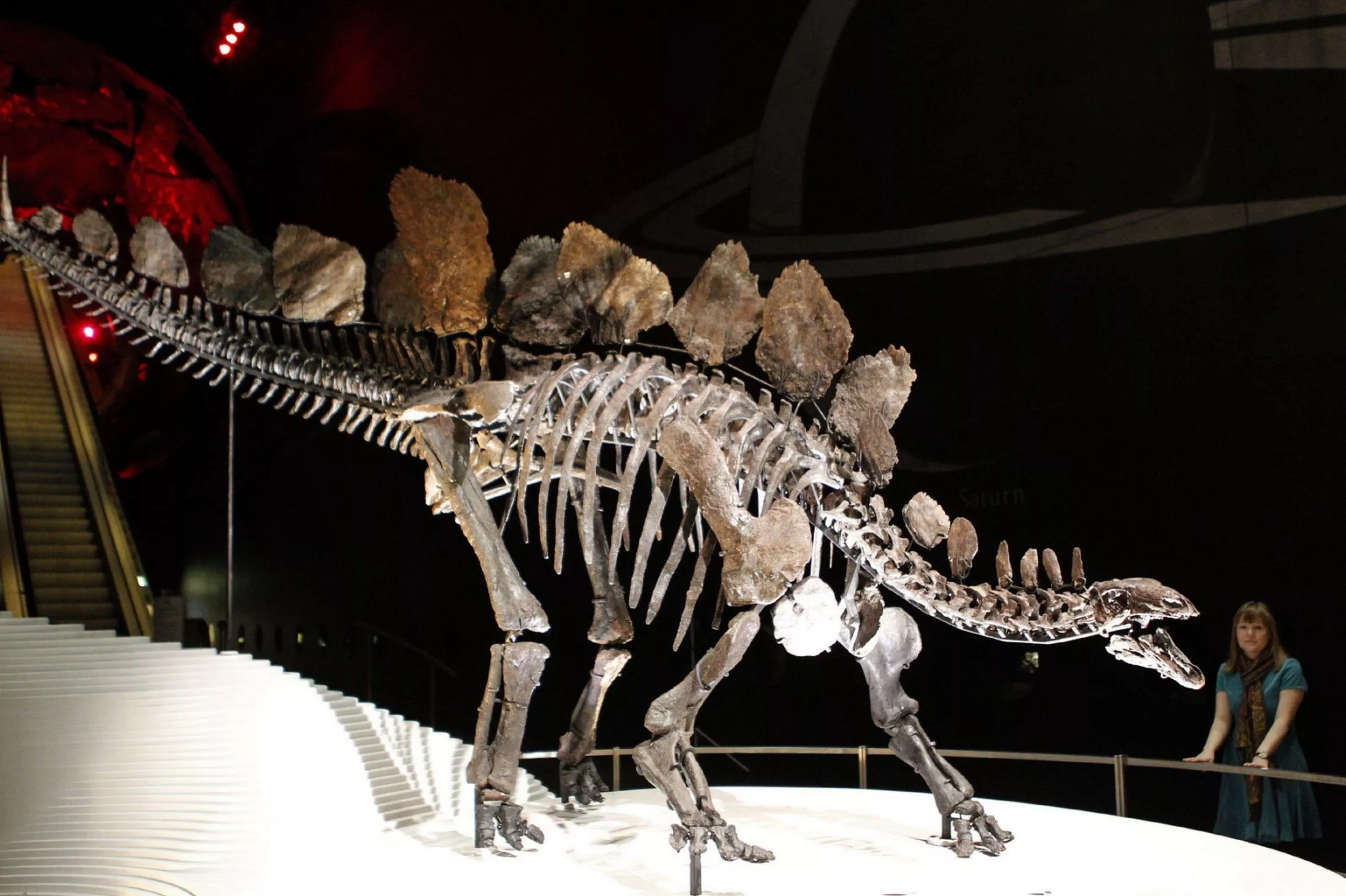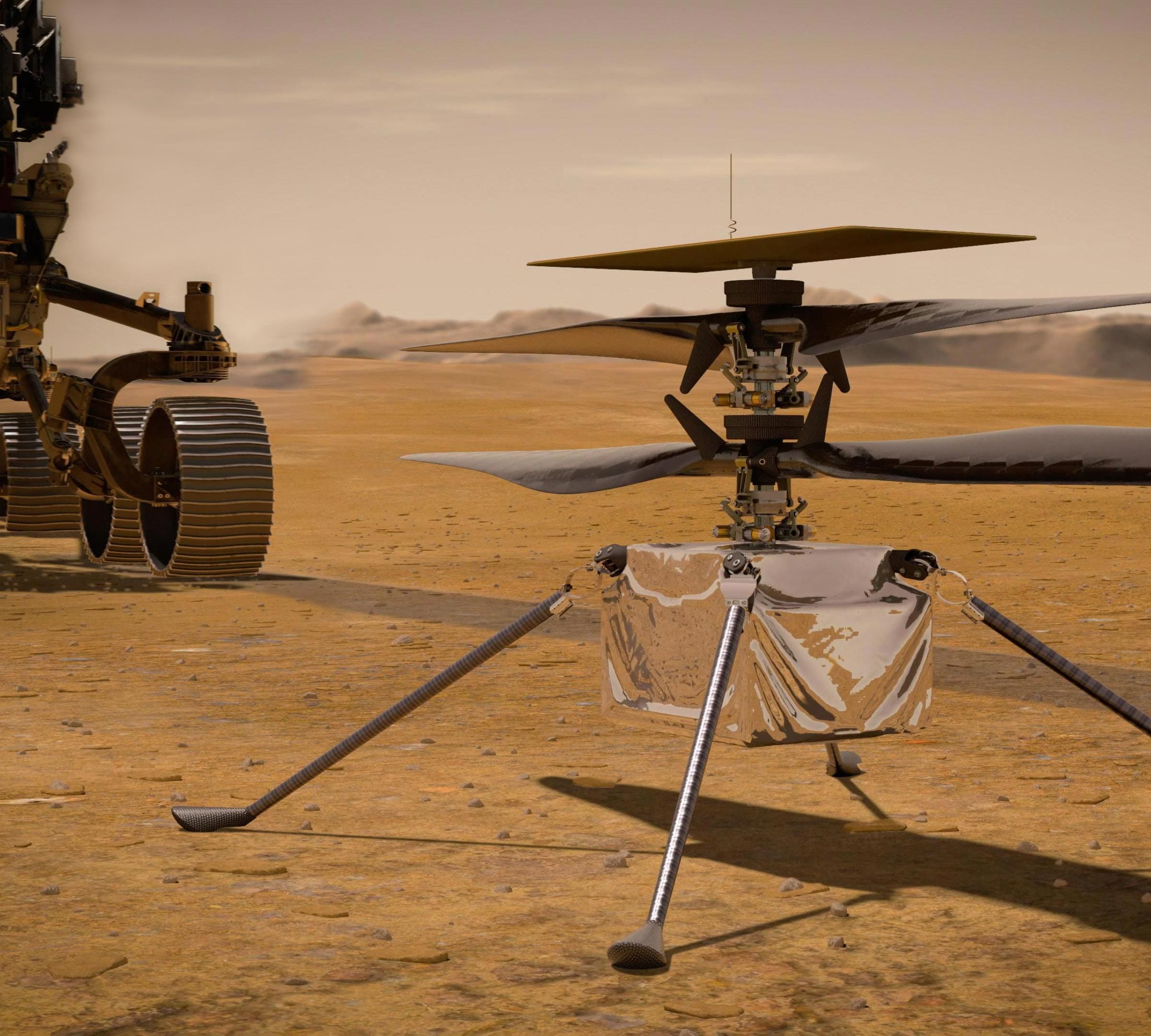NASA has officially delayed the Artemis II mission, which was set to be the first crewed flight to the moon since the Apollo program concluded in 1972. Originally scheduled for 2024, the mission’s launch has been pushed back to 2025, as officials cited technical challenges and the need for additional testing of the Space Launch System (SLS) rocket and Orion spacecraft. This mission is crucial for NASA’s broader Artemis program, which aims to establish a sustainable human presence on the moon by the end of the decade.
The Artemis II mission will carry a crew of four astronauts on a 10-day journey around the moon, marking a significant milestone in human space exploration. The crew will conduct critical tests of the spacecraft’s systems and gather data that will inform future missions, including Artemis III, which aims to land astronauts on the lunar surface.
NASA Administrator Bill Nelson addressed the delay, stating, “While we are disappointed with the revised timeline, the safety of our astronauts and the success of the mission are our top priorities. We are committed to ensuring that every aspect of the Artemis II mission is thoroughly tested and validated before we launch.”
The Artemis program is part of a broader vision for space exploration that includes the establishment of a lunar base and preparations for future human missions to Mars. As NASA works through the challenges of Artemis II, the agency continues to collaborate with international and commercial partners to advance its goals.
Despite the delay, enthusiasm for the Artemis program remains high, with many viewing it as a pivotal step toward humanity’s return to the moon and beyond. The Artemis missions are expected to pave the way for new scientific discoveries and inspire a new generation of explorers.
For updates on the Artemis II mission and other NASA initiatives, visit NASA’s official website.



